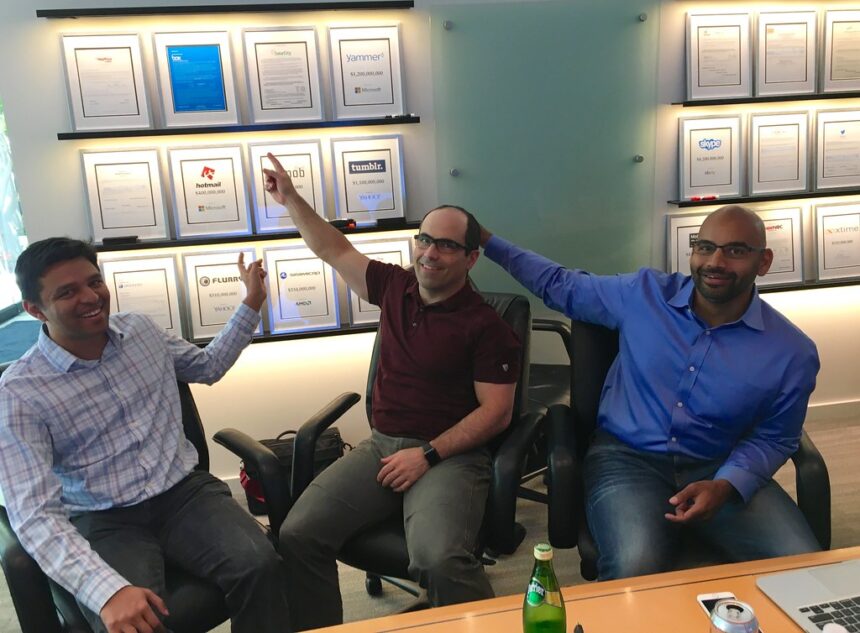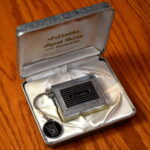Intel Corp. (NASDAQ: INTC), announced that its Chief Executive Pat Gelsinger retired on December 1, ..COM
David Zinsner will be its interim CEO, while the company searches for a permanent successor.
According to a Monday press release, Gelsinger also retired from the board of directors and Frank Yearly assumed the position as interim chairperson.
Intel shares are up by 5.0% after the announcement.
Intel stocks continued to struggle with Pat Gelsinger
Pat Gelsinger became the new CEO of the struggling Semiconductor giant in 2021.
He failed to turn around Intel’s fortunes in the last three years, as the stock value plummeted by an alarming 65% during his tenure.
Intel has seen a slight improvement in the last few months. Intel, a Nasdaq listed company, reported a profit for its last quarter as revenues fell by a lesser-than-expected 6,0% to $13,28 billion.
INTC also plans to separate its foundry division in order to allow for outside funding. It will also reduce its headcount globally by over 15%, as part of the $10 billion initiative.
The US Government also finalised last week a grant of $7.86billion that will allow Intel to build factories in the US and help the nation’s efforts to bring chip production back home.
Citi is bearish on Intel shares
Citi analysts are cautious about Intel shares despite a few recent positive developments.
Last month, the investment firm reaffirmed its “neutral rating” on the chipmaker. It also lowered its target price to $22. This implies a roughly 12% drop from the current level.
Citi analysts remain sceptical of INTC’s business in foundries, which has yet to make a profit. However, they acknowledged that the divestment of those operations would benefit Intel’s shareholders.
Citi blamed execution problems and the Ohio plant’s delay for the disappointment.
Intel’s new CEO could face a tough road ahead
Intel’s permanent CEO will have a difficult job to do.
It’s not because it hasn’t cracked the market for artificial intelligence. The chipmaker is struggling just to keep up, never mind gain market share.
In the space of foundries, competitors such as Taiwan Semiconductor Manufacturing (TSM) and Samsung are still a formidable force.
TSMC owns more than 50% of the market for global foundries. Intel, on the other hand, has only just recently secured its place in the top 10.
Intel’s stock, however, currently offers a yield of 2,08 % which makes it more appealing to income investors.
The post Intel’s New CEO Faces Tough AI Market Challenges may change as new information becomes available.





